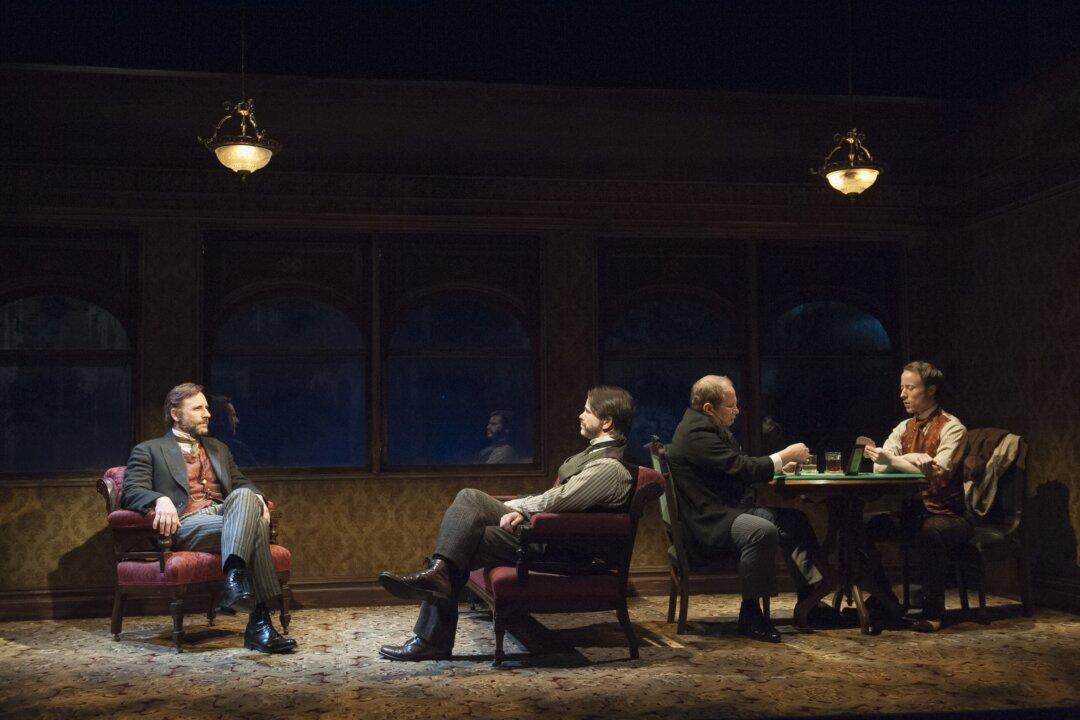NEW YORK—Since at least the time of the cave man, storytelling has held a universal attraction. We have images of people gathering around a fire as night falls, food cooking, or marshmallows roasting, while folks spin tales of mythical times gone by, adventures that happened that morning or real life mysteries still unsolved.
Listening to such tales helps fulfill our innate need to be a part of something bigger than ourselves and to share in a group experience with both friends and strangers. It’s a practice that is the genesis of literature, film, streaming television shows, old-time political speeches (at least those before the days of the 30-second sound bite), and even lawyers’ summations to juries.
If told well, a ghost story will be embraced by both the most devout skeptic and fervent believer.





